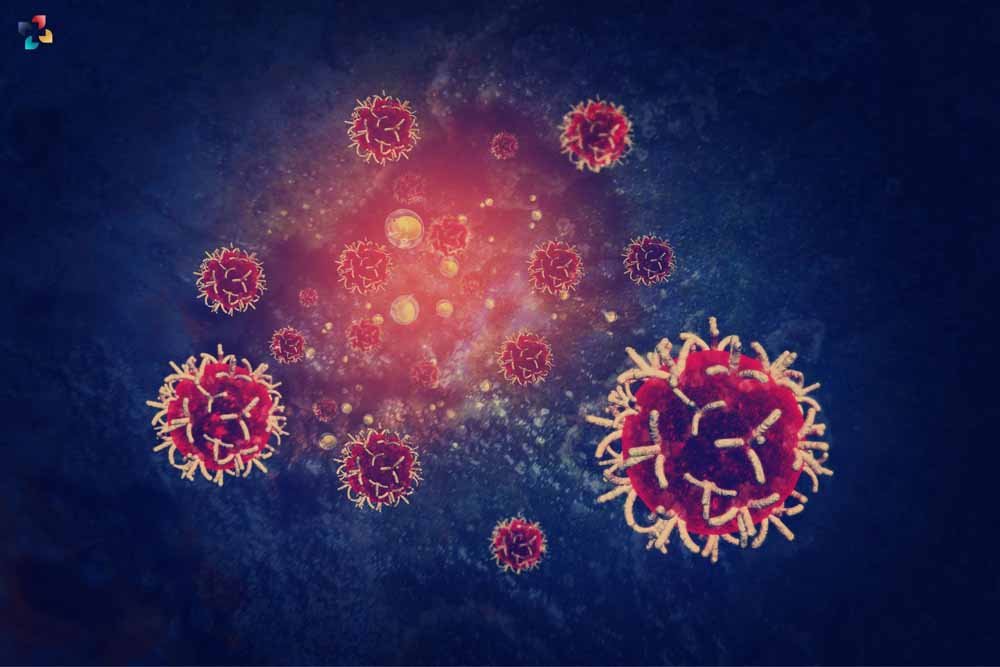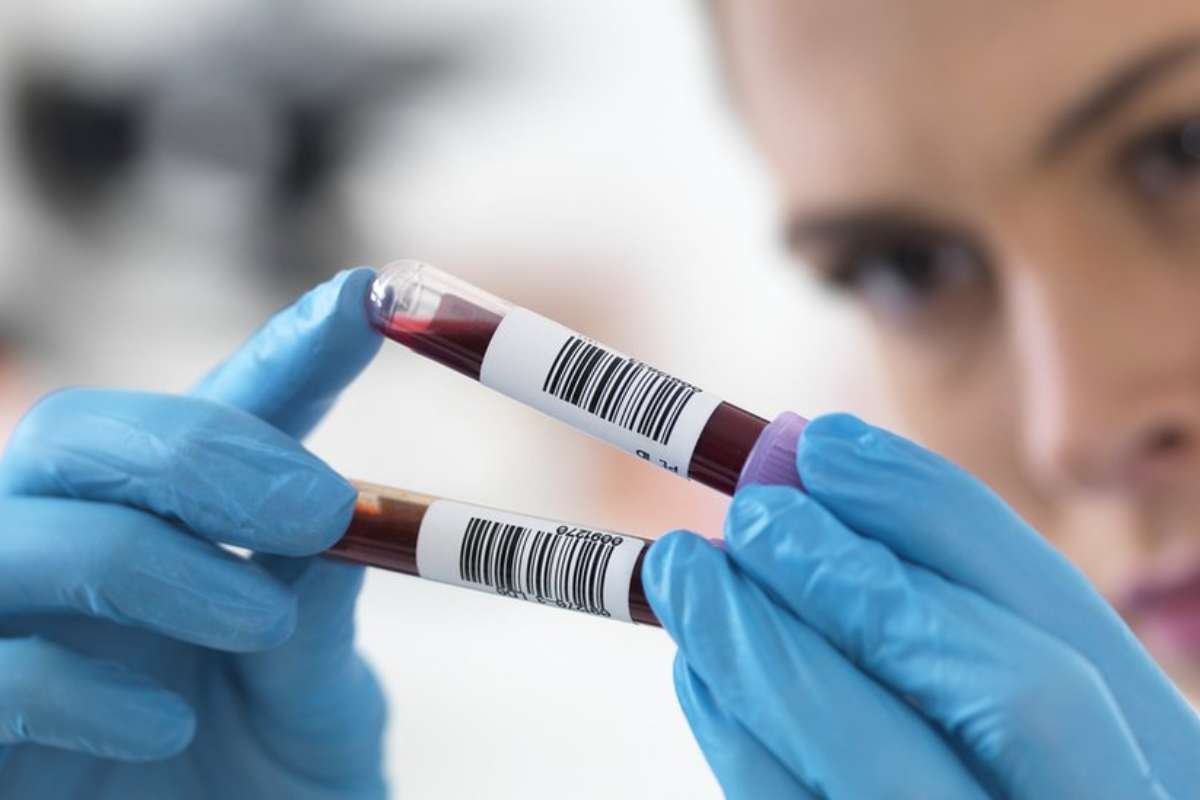Scientists today describe, in the largest study of its type, how clinicians can better adapt their patient’s care by integrating health data with whole genome sequence (WGS) data in cancer patients.
The study, which was published today in Nature Medicine, demonstrates how integrating Whole Genome Sequence data with actual clinical data can reveal alterations in cancer DNA that could be important for the treatment of a particular patient, for instance by assisting in determining the most effective course of action for their particular illness.
Whole Genome Sequence: “One Size Fits All” Approach To Cancer Care
Led by Genomics England, NHS England, Queen Mary University of London, Guy’s and St. Thomas’ NHS Foundation Trust, and the University of Westminster, the study examined data from over 13,000 cancer patients in the 100,000 Genomes Project that covered over 30 different forms of solid tumours. Researchers identified specific genetic changes in the cancer linked to better or worse survival rates and better patient outcomes by analysing the genomic data with routine clinical data gathered from participants over a 5-year period, such as hospital visits and the type of treatment they received.
The study demonstrated that by identifying several genetic alterations with a single test, the Whole Genome Sequence could offer a more thorough understanding of the genomic landscape of a tumour. Significant findings from this study were found for a variety of cancer forms, including:
- More than 90% of brain tumours and more than 50% of colon and lung cancers have genetic alterations that could influence the course of treatment for patients, directing choices on surgery or other specialised therapies they might require.
- Larger DNA alterations, referred to as structural variations, have been found in over 10% of sarcomas and have the potential to affect clinical management and treatment.
- The study identified genetic risks in more than 10% of ovarian cancer cases, providing critical information for therapeutic treatment.
Additionally, the study found similarities in a variety of tumours and identified various genetic alterations that could potentially explain therapy response or forecast patient outcomes. The results collectively demonstrate the importance of integrating clinical and genetic data at scale to support medical providers in selecting the most appropriate course of treatment for their patients.
With just one test, the whole genome sequence enables us to read a person’s complete genome or the 3.2 billion letters that make up our DNA. This method can be used to compare the DNA of a cancer patient’s tumour to the DNA of their healthy tissues.
The NHS became the first national health system to deliver Whole Genome Sequence as part of routine care through the NHS Genomic Medicine Service, thanks to the 100,000 Genomes Project’s foundations. This study demonstrates the importance of funding national infrastructure to produce clinical and genomic data on patients and participants who give permission for research in an NHS setting at scale. This data will enable researchers to find patterns that will lead to better cancer patient diagnosis, care, and treatment.
Dr Nirupa Murugaesu, Principal Clinician – Cancer Genomics and Clinical Studies at Genomics England, Oncology Consultant and Cancer Genomics Lead at Guy’s and St Thomas’ NHS Foundation Trust said: “This study is an important milestone in genomic medicine. With the start of the 100,000 Genomes Project ten years ago, the promise of precision oncology was beginning to become apparent.
We are demonstrating the advantages that patients may experience from the integration of cancer genomics into standard cancer care provided by a national health system. The project has produced a first-of-its-kind tool to help doctors better forecast outcomes and customise treatments, which will enable them to better educate, prepare, and manage patients’ expectations.” Long-term clinical data was gathered in addition to genomic data.
This study shows how we can transform cancer care from a ‘one size fits all’ approach into precision healthcare and defines specific genomic signatures that predict treatment response and outcomes, which may usher in expanded use of whole genomes for cancer care.”
Professor Sir Mark Caulfield, VP of Health at Queen Mary University of London
Whole genome sequencing for cancer was made possible thanks to the 100,000 Genomes Project, according to Dr. Alona Sosinsky, Scientific Director for Cancer at Genomics England. This method presents significant prospects for precision oncology. Our genetic cohort, when combined with centrally collected clinical data, offers a rich dataset for fundamental and translational research. In this work, we show how the distinctive national genomic research dataset from Genomics England can yield important insights into the use of genetic testing in healthcare.”
“This study has opened doors to better ways of diagnosing and treating cancer, but was only made possible by all those who, despite the challenges of a cancer diagnosis, gave their consent for their or their loved one’s genomic and health data to be used in the 100,000 Genomes Project,” said Helen White, Vice Chair of Genomics England’s Participant Panel for Cancer. These advancements are possible because of their vital contribution, which gives cancer patients hope that they may live longer and in good health.”
“With this new study, data from the 100,000 Genomes Project continues to build the evidence for the use of genomic testing to deliver precise molecular diagnoses to inform personalised treatments and interventions for patients,” said Professor Dame Sue Hill, Chief Scientific Officer for NHS England and Senior Responsible Officer for Genomics.
“The insights gained in this study, in which genomic patterns or profiles have been mapped out in thousands of patients with different types of cancer, support and inform the NHS Genomic Medicine Service in providing a comprehensive genomic testing service for patients with cancer and signals a promising future for healthcare as we continue to hone and enhance the NHS use of genomics and tailor interventions for improved outcomes.”
Andrew Stephenson, Health Minister, said: “This ground-breaking research illustrates the power of genomics and is already helping to alter care, allowing patients to receive more customised treatment and driving improved diagnosis.
“However, we won’t end there. Our goal is to use this breakthrough to enhance patient care and solidify our status as a leader in the life sciences, which will enable more rapid and focused interventions.”
Also Read: According To A Study, Psilocybin Helps Cancer Patients With Their Depression.








